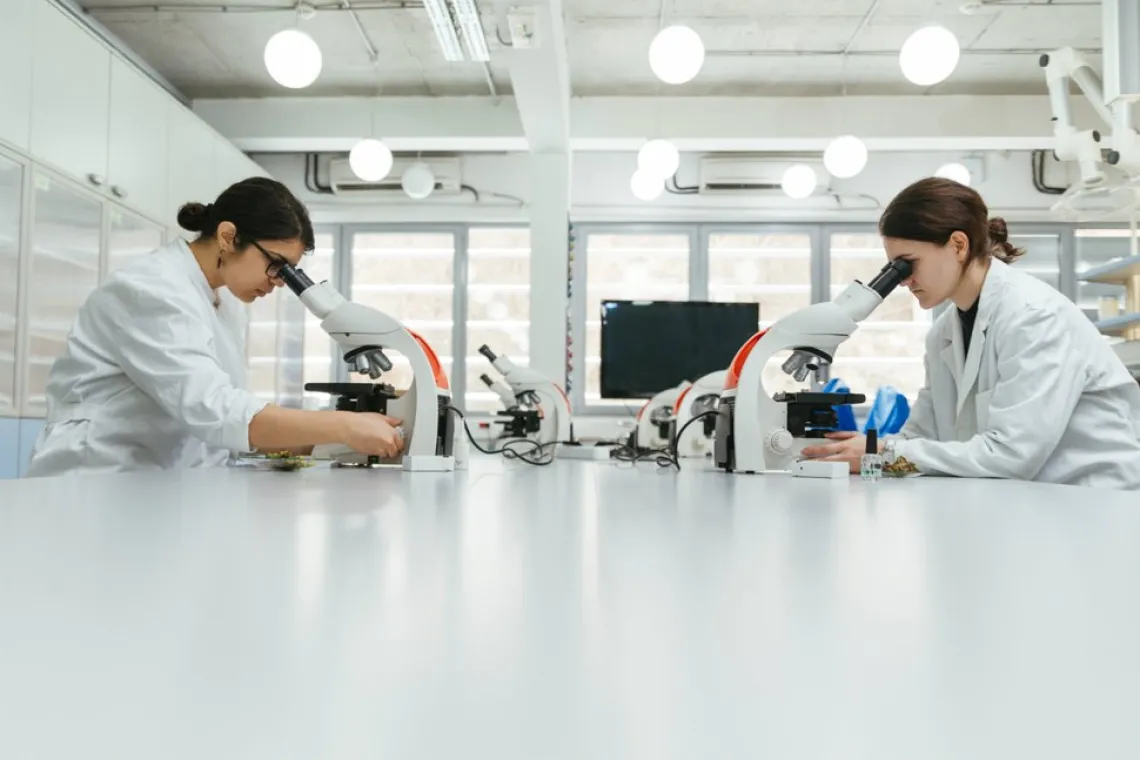Underscoring the Importance of Women in Science
How many important discoveries are missed or delayed because women are discouraged from pursuing careers in science, technology, engineering and math?

AS A SCIENTIST, ONE OF the best parts of my job is the thrill of discovering something that no one else in the world has ever known before. As I woman, I recognize that in most scientific fields, there aren't enough other women who get to experience that same thrill. So on Feb. 11 -- Women and Girls in Science Day -- I like to remind myself and my colleagues why it is so important to work harder to create an environment that encourages more female participation in the scientific enterprise.
Women make up roughly half the world's population. It is useful to think about how many important discoveries we could be missing because we aren't taking advantage of our collective talent pool. A corollary is that Universities and research centers who are smart enough to recruit significant numbers of women are likely acquiring undervalued talent. Creating, a diverse group of scientists ensures that the science problems we study reflect the concerns of our full population. For example, as a working mom with two small children, I was really frustrated by the breast pumps that were available on the market when my kids were babies. Now there are really great new models available – created by women engineers who had experienced the same frustrations directly. Scientists from diverse backgrounds often have personal experiences that can help them identify potential solutions. Peer-reviewed scientific research has demonstrated that diverse teams outperform homogeneous teams in almost every situation that has been studied.
Although a lot of us still think of scientists as lonely geniuses toiling away in solitude, quite a bit of the most exciting work right now is at the intersection of different subjects, driven by high-functioning interdisciplinary teams. This also means that the culture of a research group is important. As a researcher, I am lucky enough to have an equal number of men and women on my team. I think that balance creates a positive, healthy, atmosphere where everyone feels that they can contribute.
Lastly, I think ensuring the full participation of women in science is a moral imperative. Science and Engineering jobs often pay quite well and allow said professionals to support themselves and their family. Ensuring women have access to these technical, high-paying jobs would help close the wage gap and incentivize higher participation by women in the workforce. Also, quite frankly, a lot of us find scientific research to be a highly fulfilling occupation. What other job gives you the opportunity to make new discoveries that have the potential to positively impact society, and then share that insight with the next generation of bright young minds? Women deserve that thrill and we must work collectively to provide these opportunities.
Dr. M. Lisa Manning is an Associate Professor in the Department of Physics at Syracuse University.

